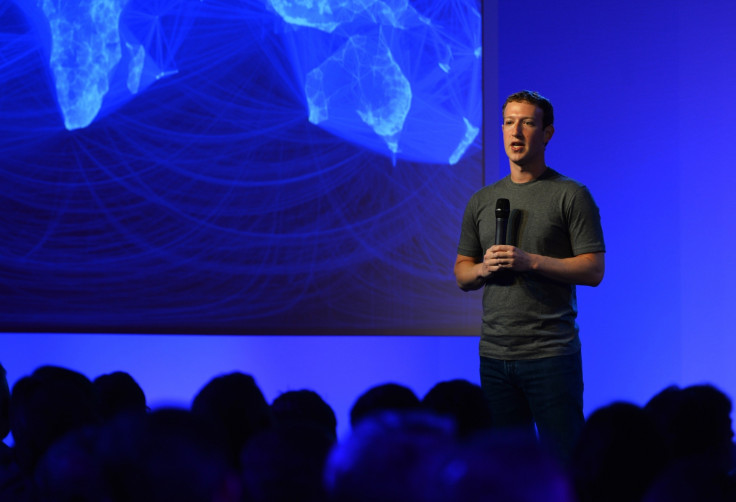Mark Zuckerberg explains how Facebook plans to tackle fake news amid growing backlash
'The bottom line is: we take misinformation seriously,' Zuckerberg said.

Facebook founder and chief executive Mark Zuckerberg has laid out a detailed plan on Friday (18 November) describing how his company plans to tackle the spread of fake news on its platform. Published in a post on Facebook, Zuckerberg's latest comments mark the third time he has commented on the issue in one week amid steadily growing criticism that viral fake news stories on the platform helped sway the recent presidential election in favour of Donald Trump.
"The bottom line is: we take misinformation seriously," Zuckerberg said in a post. "Our goal is to connect people with the stories they find most meaningful, and we know people want accurate information. We've been working on this problem for a long time and we take this responsibility seriously. We've made significant progress, but there is more work to be done."
Zuckerberg said that the company's News Feed team is currently looking into third-party verification services, stronger detection systems and easier ways for users to report suspicious content.
"The problems here are complex, both technically and philosophically," Zuckerberg explained. "We believe in giving people a voice, which means erring on the side of letting people share what they want whenever possible. We need to be careful not to discourage sharing of opinions or mistakenly restricting accurate content. We do not want to be arbiters of truth ourselves, but instead rely on our community and trusted third parties."
Echoing his previous comments on the issue, Zuckerberg maintained that the amount of misinformation on the platform was small, but the company is taking the problem seriously and is working hard to deal with the matter. He added that although the company does not usually share details about its work in progress, he decided to outline its current plans to tackle its fake news problem "given the importance of these issues and the amount of interest in this topic."
Many tech companies including Facebook have continued to face accusations that fake news on their platforms may have influenced the recent presidential election after Donald Trump's historic win over Democratic rival Hillary Clinton.
At a press conference in Berlin on Thursday, President Barack Obama said that the rampant spread of "active misinformation" online could threaten democracy itself.
"If we can't discriminate between serious arguments and propaganda, then we have problems," Obama said. "If everything seems to be the same and no distinctions are made, then we won't know what to protect. We won't know what to fight for. And we can lose so much of what we've gained in terms of the kind of democratic freedoms and market-based economies and prosperity that we've come to take for granted."
Before the elections, Obama said that people have started to believe "crazy stuff" and "outright lies" just because they have seen it on social media, adding that the dissemination of fake news online has created "a dust cloud of nonsense."
Last week, Zuckerberg dismissed allegations that fake news on his platform helped Donald Trump win the recent elections as a "pretty crazy idea."
A recent BuzzFeed study found that fake news stories on Facebook about the US election outperformed real news stories on the platform over the last three months of the election campaign. The 20 top-performing stories from fake news sites managed to pull in 8.7 million shares, reactions and comments on Facebook, the study found. Meanwhile, the 20 best-performing election stories from genuine news websites garnered 7.4 million reactions.
Earlier this week, Facebook and Google announced they they would bar fake news websites from using their advertising software to generate revenue through their platforms.
Zuckerberg said that the Facebook team is looking into "disrupting the economics" of fake news websites.
They are also looking to raise the quality of stories that show up in related articles under links in News Feed, exploring the idea of labelling stories that have been reported as false by third party services or the Facebook community and show warnings when users read or share these stories.
"Some of these ideas will work well, and some will not," Zuckerberg said. "But I want you to know that we have always taken this seriously, we understand how important the issue is for our community and we are committed to getting this right."
© Copyright IBTimes 2025. All rights reserved.





















